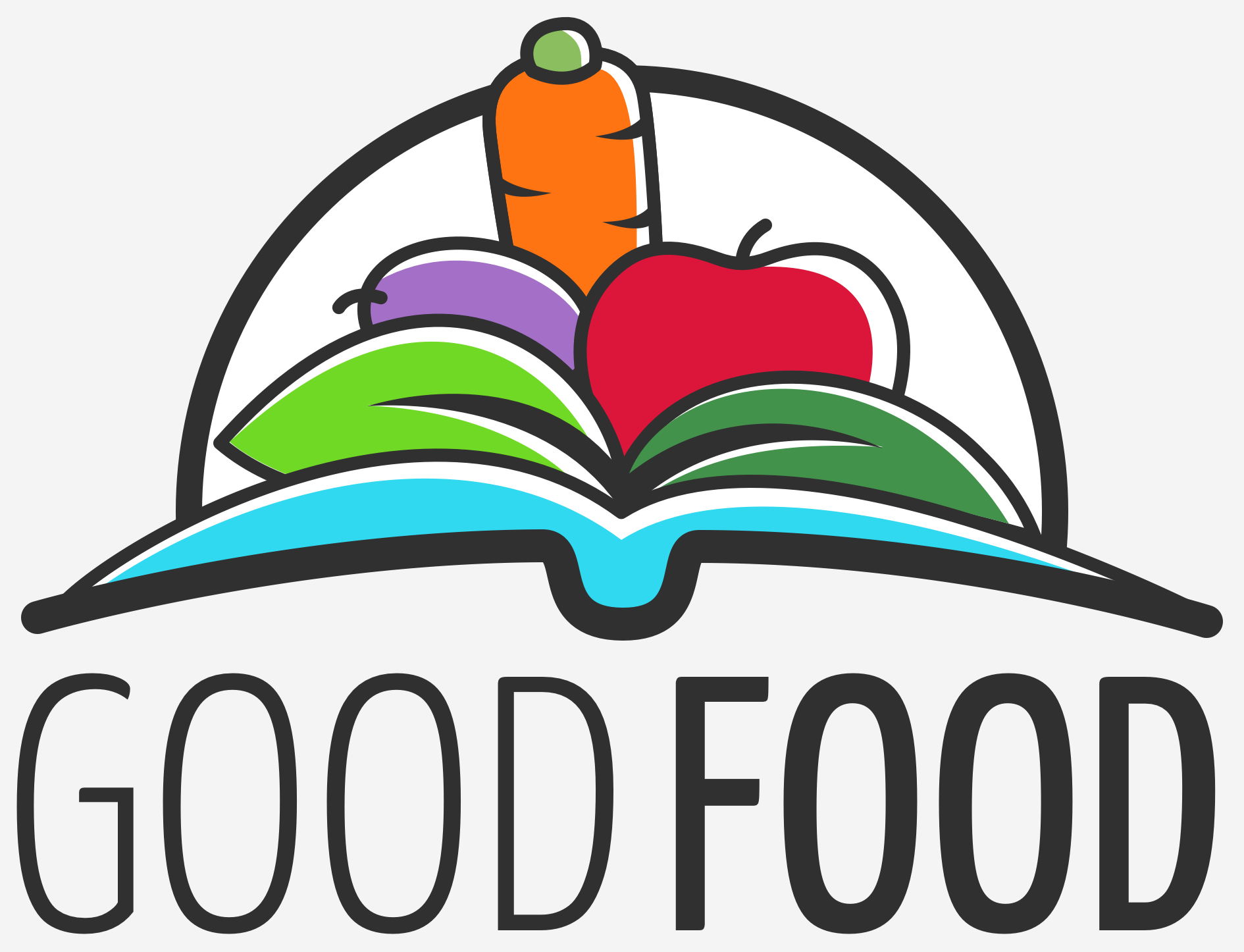Analyses

Analysis of students’ understanding of ‘Embedded food systems’ and expectations towards education within this subject area
This output includes the results of an international study based on the online survey about students’ understanding of ’embedded food systems’ and their link to territories, as well as about students’ expectations towards education (including content and methods) within this subject area.
The survey was conducted in each of the 6 project partner universities. The initial goal was to reach 50 respondents from each university. In the end we collected altogether 416 responses.
The questionnaire included multiple choice questions, Likert scale (matrices), open-ended, and socio-demographic questions. It was divided into five sections: the first focused on the “present attitude” of students. It contained questions about habits and values of students as food consumers. The second part was labeled as “your understanding”, and concerned student’s comprehension of embedded food systems and their characteristics. The third part regarding students’ “background knowledge” incorporated questions about their interest and experience with the topics referring to embedded food systems from an academic standpoint. The fourth part was about students’ “future expectations”, as questions about future courses relating to embedded food systems (relevance, topics, content, teaching methods) were asked. The last part, “general information”, contained sociodemographic questions (age, gender, nationality, academic degree, field of study, and university).
The analysis revealed that the embedded food systems education has generally been scattered across courses in every university rather than being provided in specific courses or lectures with compiled information, despite students expressing interest in learning about such topics. Students desired more engaging educational modules, such as internships and field work, and were curious to study i.e. organic food, health, and ecology. This analysis provides an opportunity to understand student attitudes toward embedded food systems education and their values regarding the creation of educational modules in the future.
A report on the results of the survey has been developed. Besides the initially planned O1 report, the consortium has also developed a manuscript (to be published in Open Access, highly ranked scientific journal) and a conference poster presented during the 14th EUROPEAN NUTRITION CONFERENCE FENS 2023 in Belgrad.
Target groups of the output: Lecturers and higher education institutions representatives / officials inside and outside the project consortium (including European and non-European universities).
Elements of innovation: The analysis of the students’ perspective and taking it into account in shaping and enriching study programmes, also by increasing teachers awareness of importance of the subject, is an innovative and important step towards sustainability.
Expected impact: Increasing general awareness of the lack of significant inclusion of these extremely important aspects in many of the higher education institutions teaching programmes in Europe, as well as identifying students expectations, and approaching them with project innovations, serves as a basis for changes in the study programmes, which is a step towards the needs-driven, effective education. Publishing the O1 results in a scientific journal will allow to reach wider scientific community.
The complete GOODFOOD Report can be found here: O1-GOODFOOD-Report
